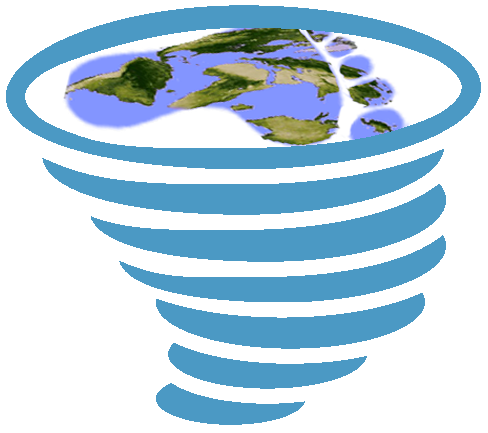
In the Northern Hemisphere in 2017 and 2018 brought several destructive hurricanes to the shores of North America, the Caribbean, and throughout the Pacific rim. Such extreme weather events are predicted to get more common and more severe with increasing climate change.
Several participating classes in the ISCFC were or are in the path of these storms and we hope for the best for them, their families and communities.
We would love to hear from students affected directly and indirectly by extreme weather events, and also any students who have been following the news this summer.
What are your thoughts about the connection between climate change and extreme weather events? Has this hurricane season increased your concern about climate change or not? Do you think that US citizens and residents (and others in the region) will take climate change more seriously now?
Extreme Weather >
Global Warming

Global warming is an extreme change in weather. It’s happening due to our pollution. Global warming causes us to have extreme heat waves and is extremely bad for our environment. Implementing small habits such as recycling and trying to walk more often can help with our pollution problem. Less pollution will equal global warming to slow down and hopefully one day end.

Global Warming increases the heat trapping in earth's atmosphere. It is mostly caused by human activities, primarily burning fossil fuels. This is catastrophic to the environment, as it increases pollution. It affects other ecosystems as well, ruining habitats. To reduce climate change, saving energy or fueling it so that it's reusable is necessary.

I agree. we need to start doing something now and start changing the way that we are doing thing. we need to start caring about our planet and what we are doing to the environment. I also believe that we need to start using different energy sources like saving energy and start actually doing things differently other wise the next generation won't have a world t live in.

Global warming is caused by all the greenhouse gases trapped in the atmosphere. Burning fossil fuels and transportation create the greenhouse gases which as a result, heat up the atmosphere. As the temperatures rise, the ice in the Arctic, Greenland, and other places, starts to melt. This isn't only affecting the animals that rely on ice for survival, but it also affects us. As the sea levels rise, cities start to flood. Currently 50% of the population lives on coasts and if all the ice melts, it will leave 4.5 billion people homeless. If we don't want all of this to happen, we must take action before its too late.





